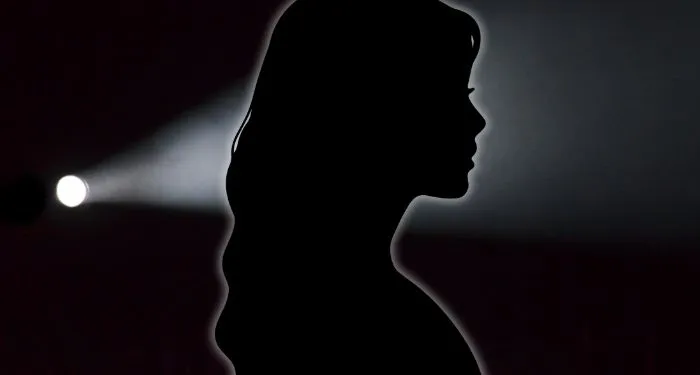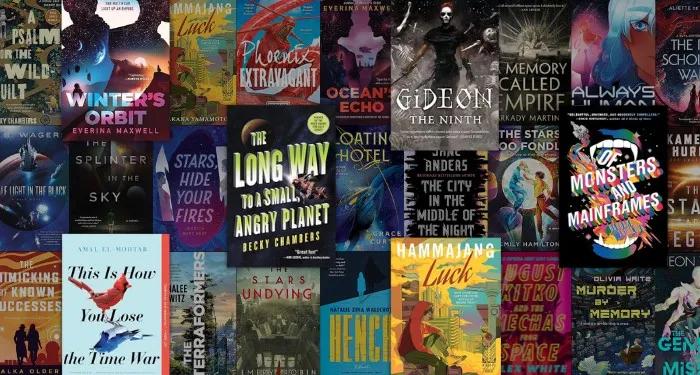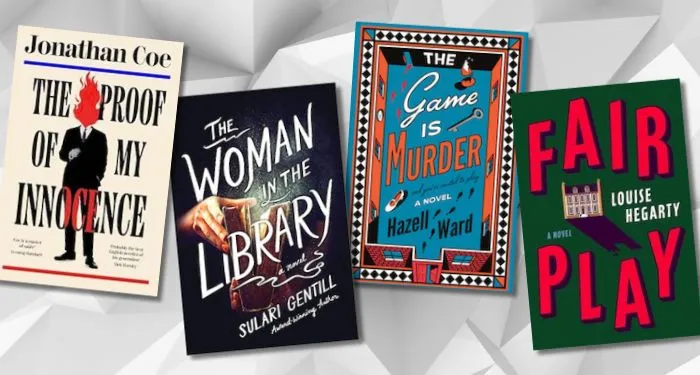Grace Lapointe’s fiction has been published in Kaleidoscope, Deaf Poets Society, Mobius: The Journal of Social Change, and is forthcoming in Corporeal Lit Mag. Her essays and poetry have been published in Wordgathering. Her stories and essays—including ones that she wrote as a college student—have been taught in college courses and cited in books and dissertations. More of her work is at https://gracelapointe.wordpress.com, Medium, and Ao3.
The Complete Works of William Shakespeare is available in countless print and free, searchable, online editions. So, why are there still so many false quotes attributed to him when they’re easy to debunk? The internet is full of misinformation, especially due to social media and generative AI, but fake Shakespeare quotes far predate the internet. Shakespeare’s reputation as the greatest English-language author may also contribute to the confusion. In the era of hashtags, Shakespeare’s name can act like a stamp of approval, garnering views and prestige for words that he never wrote.
Readers often slightly misremember or misquote Shakespeare’s words. Lady Macbeth says, “Out, damned spot,” not “Out, out, damned spot!” That’s not what I mean by fake quotes. For this essay, I mean quotes by other authors or with unclear origins that people often credit incorrectly to Shakespeare.
Book Riot is hiring a digital content specialist! If you love books and know the ins and outs of social media strategy, and especially social video, consider joining the team. We are committed to building an inclusive workforce and strongly encourage applications from women, individuals with disabilities, and people of color. Find details and apply by August 22, 2025.
Grace Lapointe’s fiction has been published in Kaleidoscope, Deaf Poets Society, Mobius: The Journal of Social Change, and is forthcoming in Corporeal Lit Mag. Her essays and poetry have been published in Wordgathering. Her stories and essays—including ones that she wrote as a college student—have been taught in college courses and cited in books and dissertations. More of her work is at https://gracelapointe.wordpress.com, Medium, and Ao3.
For starters, there’s Christopher Marlowe’s poem “The Passionate Shepherd to His Love”, which has frequently been misattributed to Shakespeare since it was first published. It first appeared in The Passionate Pilgrim, a 1599 anthology published under Shakespeare’s name. Shakespeare and fellow author Thomas Heywood criticized the publisher for deceptively using Shakespeare’s name to sell other authors’ work. This 2014 album of choral music also apparently credits Shakespeare for Marlowe’s poem.
Other Early Modern authors, like John Milton, Andrew Marvell, and John Donne, often get misquoted as Shakespeare. So does The King James Bible, which was first published five years before Shakespeare died. These misquotes may be because Shakespeare is the only Early Modern English author many students are assigned, or because his reputation overshadows other authors.

In 2021, Allan Stratton argued that Shakespeare occupies too much space in high school curricula. Like Stratton, I’m a lifelong Shakespeare fan. However, putting Shakespeare on a pedestal can undermine other authors or make his writing seem unapproachable. In 2023 on Book Riot, R. Nassor pointed out that Shakespeare’s work was commercially successful and accessible in his own time. Indeed, it probably wouldn’t have survived so long otherwise.
Ironically, authors from centuries later who were influenced by Shakespeare sometimes get mistaken for him. Elizabeth Barrett Browning wrote in Sonnets from the Portuguese, “How do I love thee? Let me count the ways.” The pronoun “thee,” which was centuries out of date, and the sonnet form show the direct influence of Shakespeare’s work. Similarly, many people incorrectly assume Shakespeare said, “’Tis better to have loved and lost than never to have loved at all.” Alfred, Lord Tennyson wrote that line. Like Browning, he was from the 19th century and often drew on themes and language from previous centuries.
In late 2001, a fake quote warning, “Beware the leader who bangs the drums of war,” popped up on message boards, in letters to the editor, and even in published political cartoons. It was attributed either to Shakespeare’s play Julius Caesar or to Caesar himself, but there were many reasons to oppose the US invasions of Afghanistan and Iraq at the time without using fake quotes from centuries ago. Shakespeare and Caesar weren’t oracles.
Sure, anyone can write anything online, but I find some of the fake Shakespeare quotes on social media downright bizarre. This one, beginning “love me or hate me…”, has been repeated and debunked online since at least 2010. Even Ren Faire-style music couldn’t make it any better. And, this Instagram reel has over 20 million views, but the quote about kissing is from the Downton Abbey fandom (not the show) in 2017. These are not even in Early Modern English or iambic pentameter.
Shakespeare’s work is far more interesting than these made-up quotes. When people make his name synonymous with genius, they risk not crediting other authors. Shakespeare’s work is brilliant and timeless, but that doesn’t mean it sounds like our speech or writing today.
More on Shakespeare:
The best Shakespearean insults
Why we should still study Shakespeare (but not necessarily in high school)
Join All Access to read this article
Get access to exclusive content and features with an All Access subscription on Book Riot.
- Unlimited access to exclusive bonus content
- Community features like commenting and poll participation
- Our gratitude for supporting the work of an independent media company



















 English (US) ·
English (US) ·